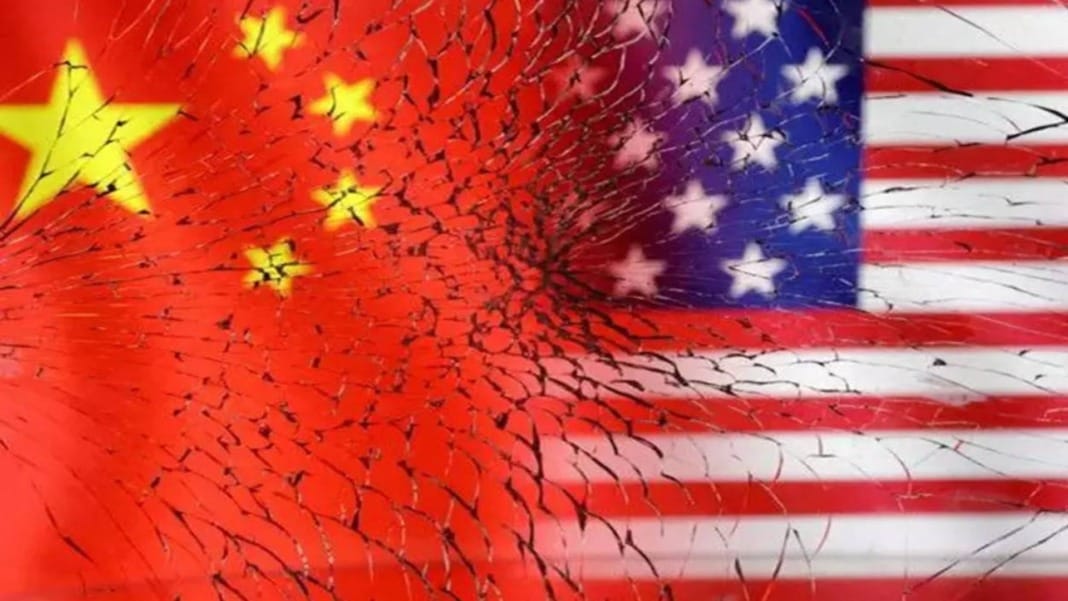The United States has expanded its trade blacklist, adding 80 organisations and companies to prevent China from acquiring advanced computing technology for military use. The move, announced by the US Department of Commerce’s Bureau of Industry and Security (BIS), is the latest step in restricting foreign access to cutting-edge American semiconductor technology.
Despite concerns from Nvidia and other industry leaders, the US government remains firm on its stance, citing national security risks. More than 50 of the newly blacklisted entities are based in China, with others located in Iran, Taiwan, Pakistan, South Africa, and the United Arab Emirates. BIS says these companies have acted “contrary to US national security and foreign policy interests.”
Targeting China’s military technology development
The restrictions prevent China from advancing its development of high-performance computing, quantum technology, artificial intelligence, and hypersonic weaponry. US officials believe these technologies could strengthen China’s military capabilities, making them a security threat.
Jeffrey Kessler, Under Secretary of Commerce for Industry and Security, reinforced the administration’s position, stating, “American technology should never be used against the American people. BIS sends a clear, resounding message that we will work tirelessly to safeguard our national security by preventing US technologies and goods from being misused for high-performance computing, hypersonic missiles, military aircraft training, and UAVs.”
Among the newly blacklisted entities are six subsidiaries of Inspur Group, China’s leading cloud computing provider and a key client of US chip makers such as Nvidia, AMD, and Intel. BIS alleges that Inspur has contributed to developing supercomputers for the Chinese military. The Beijing Academy of Artificial Intelligence is also included in the blacklist, a decision that has been met with strong opposition.
China condemns blacklist expansion
In response, the Beijing Academy of Artificial Intelligence criticised its inclusion, stating, “We are shocked that a private, non-profit scientific research institution has been added to the entity list. We strongly oppose this decision, which lacks any factual basis, and urge the US government to reverse it.”
China’s Foreign Ministry has condemned the move, arguing that the US is violating international trade norms. “The expansion of the blacklist seriously violates international law and the basic principles of international relations,” a ministry spokesperson said.
These latest restrictions come amid ongoing trade tensions between the US and China. Since taking office, President Trump has imposed tariffs on Chinese goods and implemented various measures to curb China’s access to US technology. The blacklisting of additional Chinese firms is expected to strain relations between the two economic giants further.





